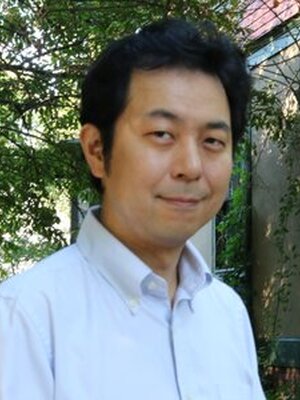
Kohei Kishida is a logician and applied category theorist (a kind of a mathematician-computer scientist). He investigates foundational and philosophical issues that underlie various sciences—e.g., mathematics, theoretical computer science, quantum computing, and physics—and identifies and extracts logical structures that help scientists and philosophers tackle these issues. He is an assistant professor in the Department of Philosophy and a member of the Illinois Quantum Information Science and Technology Center (IQUIST) at the University of Illinois; he is also affiliated with the Department of Mathematics.
Kohei’s current research centers around quantum foundations and quantum computing. He develops high-level models of quantum physics and quantum
computation and applies them to theoretical and practical questions. Some of the questions he pursues include asking which non-classical features of quantum physics constitute computational resources in exactly what way; and how to devise practical languages for quantum programming. In another application of his model of non-classical quantum phenomena, he offers a novel perspective on the liar and other logical paradoxes, which shows similarities between them and certain seeming quantum paradoxes.
Kohei teaches courses at the intersection of philosophy, logic, and computer science. One course is Philosophical Foundations of Computer Science, which explores how philosophy and computer science inform one another and is an important part of the CS+Philosophy curriculum. He also takes part in an NSF-funded project called “QuSTEAM (Convergent Undergraduate Education in Quantum Science, Technology, Engineering, Arts and Mathematics).” This project aims to make quantum information education more accessible to a wider and more diverse audience of students, professionals, and people in the general population.